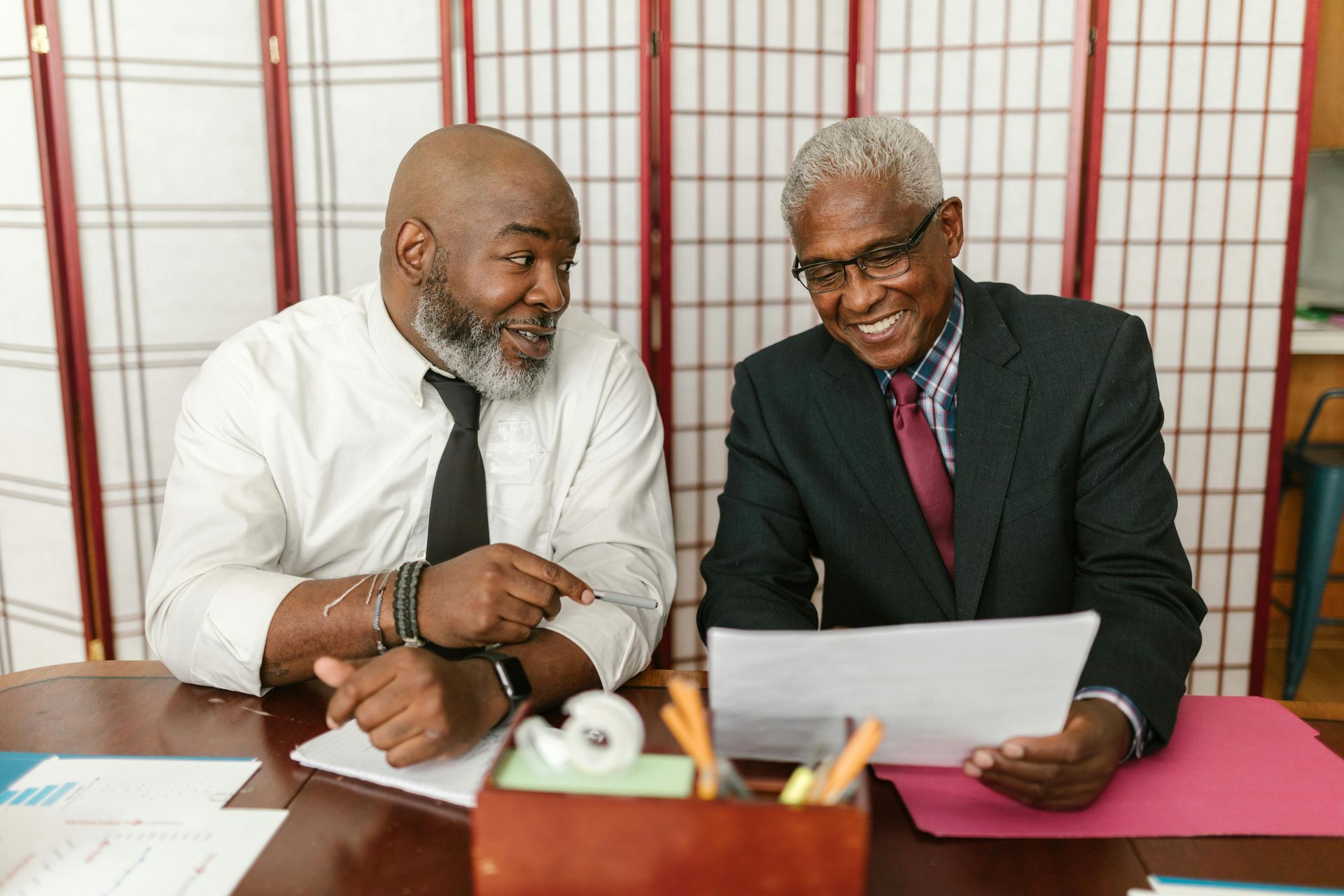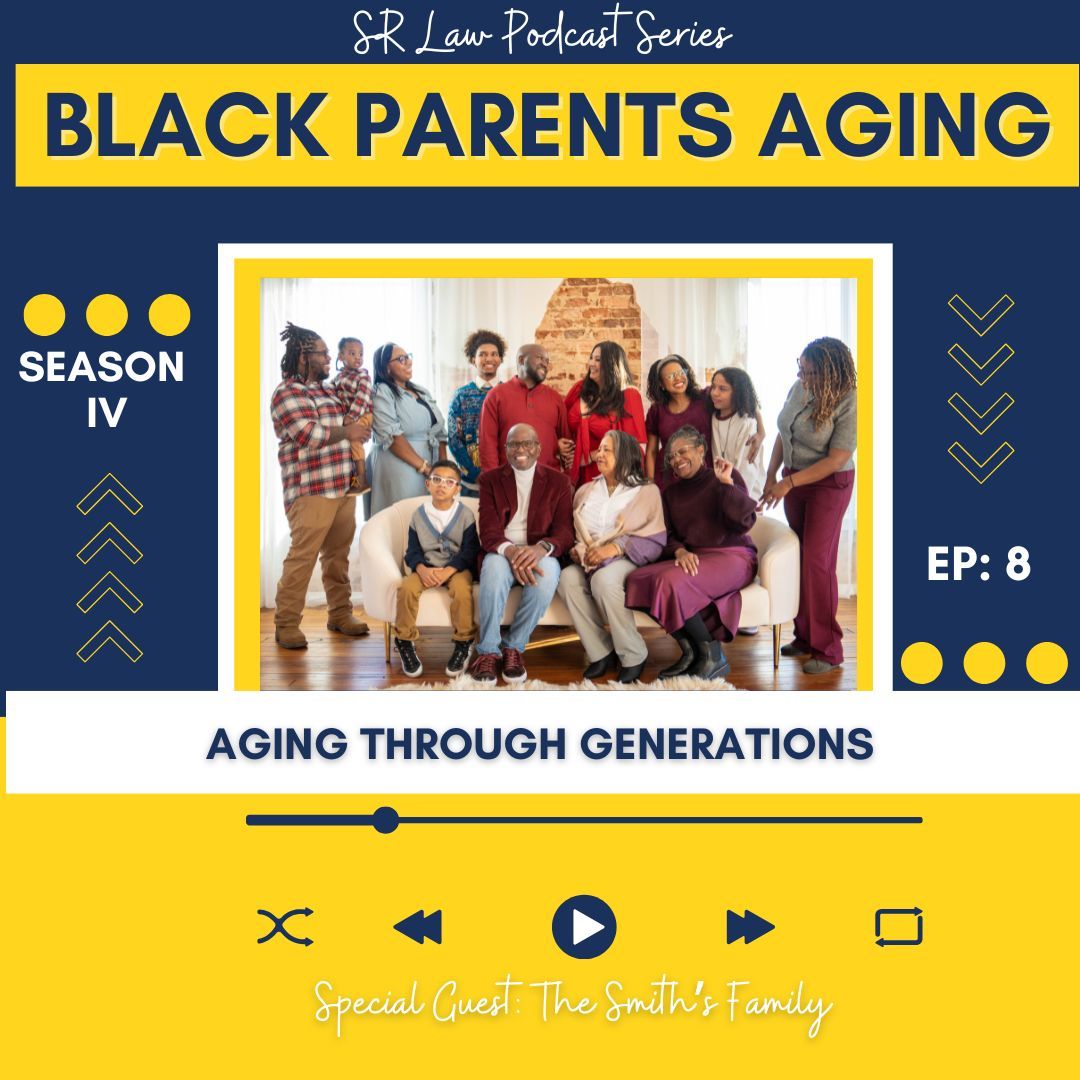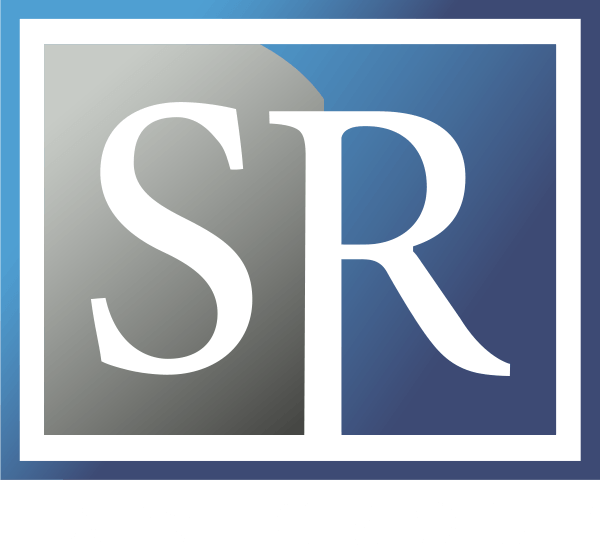April 10, 2025
Watching our parents age is a natural part of life, but it often brings new responsibilities and concerns. For many adult children in the Douglasville community and surrounding areas, a significant worry revolves around their parents' future ability to manage their own affairs. What happens if Mom or Dad experiences cognitive decline due to dementia or Alzheimer's? What if a sudden illness or accident leaves them unable to make critical healthcare or financial decisions? These are difficult questions, laden with emotion, but addressing them proactively is one of the greatest gifts you can give your parents and your entire family. When an adult becomes legally incapacitated – meaning they can no longer manage their personal or financial affairs – and they haven't made prior legal arrangements, the family may need to petition the Probate Court to establish a Guardianship or Conservatorship . While intended to protect vulnerable adults, this court-supervised process can be complex, costly, public, and emotionally draining. Fortunately, court intervention is often avoidable through thoughtful, proactive planning. At The SR Law Group , Co-Founders Olivia Smith and Nicola Robinson have dedicated their careers to helping Georgia families navigate these sensitive issues. As some of Georgia's Top Estate Planning and Guardianship Lawyers , they bring over 30 plus years of combined experience to families in Douglasville and beyond, offering compassionate guidance and expert legal counsel for both proactive planning and situations requiring court intervention. We believe that planning ahead is key to preserving dignity, protecting assets, and ensuring your loved ones' wishes are honored. This post will explore what guardianship entails in Georgia, why it's often considered a last resort, and how crucial estate planning tools can empower your aging parents to stay in control of their future, even if they lose the ability to make decisions for themselves. Understanding Incapacity Incapacity isn't just about occasional forgetfulness or needing help with bills. Legal incapacity means an individual lacks sufficient understanding or capacity to make or communicate significant responsible decisions concerning their health, safety, or finances. Common causes include: Dementia and Alzheimer's disease Strokes or traumatic brain injuries Severe mental illness Advanced physical illness impairing cognitive function Developmental disabilities Recognizing the signs of declining capacity in a parent is often gradual and emotionally challenging for families. However, understanding the legal definition helps clarify when intervention might become necessary if no planning is in place. What is Guardianship and Conservatorship in Georgia? When an adult is deemed incapacitated by the Probate Court (like the Douglas County Probate Court) and cannot manage their own affairs, the court can appoint someone to make decisions for them. In Georgia, this system generally involves two distinct roles, though they are often filled by the same person: Guardian (of the Person): This person is appointed by the court to make decisions about the incapacitated adult's (referred to as the "Ward") personal well-being. Responsibilities include decisions regarding healthcare (consenting to medical treatment, choosing doctors), housing (where the Ward will live), nutrition, clothing, and daily support services. Conservator (Guardian of the Property): This person is appointed by the court to manage the Ward's financial affairs and property. Responsibilities include managing bank accounts, paying bills, handling investments, protecting assets, managing real estate, filing taxes, and applying for benefits. Key Aspects of Guardianship/Conservatorship: Court-Ordered and Supervised: This is not an informal arrangement. It requires a formal court process to initiate and involves ongoing court oversight. Loss of Rights: The Ward legally loses the right to make decisions in the areas covered by the guardianship/conservatorship. This is a significant restriction of personal freedom. Fiduciary Duty: The appointed Guardian and/or Conservator has a legal (fiduciary) duty to act solely in the best interests of the Ward. Accountability: They must report regularly to the Probate Court, providing detailed accountings of financial transactions (Conservator) and reports on the Ward's well-being (Guardian). They typically must also post a bond. When is Guardianship/Conservatorship Necessary? This court process is typically pursued only when: An adult is medically and legally determined to be incapacitated. AND There are no less restrictive alternatives already in place, such as valid Powers of Attorney or Healthcare Directives executed before the person became incapacitated. The Guardianship/Conservatorship Process in Douglasville (Georgia Probate Court) Establishing guardianship or conservatorship is a formal legal proceeding: Petition Filing: An interested person (often a spouse, adult child, relative, or sometimes a state agency) files a petition with the Probate Court in the county where the allegedly incapacitated adult resides (e.g., Douglas County). The petition outlines why guardianship/conservatorship is needed. Medical Evaluations: The petition must typically be accompanied by affidavits from one or two physicians, psychologists, or licensed clinical social workers who have evaluated the proposed Ward and can attest to their incapacity. Notice: The proposed Ward and their close relatives must be legally notified of the petition and the upcoming hearing. Legal Representation: The proposed Ward has the right to attend the hearing and be represented by an attorney. If they cannot afford one or choose not to hire one, the court will typically appoint an attorney to represent their interests. Court Hearing: The Probate Judge holds a hearing where evidence is presented (including medical evaluations and testimony), witnesses may be called, and legal arguments are made. The proposed Ward has the right to be present and object. Court Order: If the judge finds clear and convincing evidence of incapacity and that guardianship/conservatorship is necessary, the court will issue an order appointing a suitable Guardian and/or Conservator. The court prioritizes individuals nominated by the Ward previously (if any), spouses, adult children, or other relatives, but ultimately appoints who it deems best suited and qualified. Ongoing Duties: Once appointed, the Guardian/Conservator must qualify (often by posting bond), receive official Letters of Guardianship/Conservatorship from the court, and fulfill ongoing reporting requirements. Why Guardianship/Conservatorship is Often the "Last Resort" While essential in certain situations, pursuing guardianship/conservatorship is generally viewed as a last resort for several reasons: Public Nature: Court filings and hearings are typically public records, revealing private family and medical details. Loss of Autonomy: It strips the individual of their fundamental right to make personal and financial decisions. Expense: The process involves court costs, attorney fees (for the petitioner and potentially the court-appointed attorney for the Ward), evaluation fees, and potentially fees for the Guardian/Conservator if a professional is appointed. These costs are usually paid from the Ward's assets. Time Commitment: It takes time to get the initial court order, and the ongoing reporting requirements demand significant time and effort from the appointed fiduciary. Potential for Family Conflict: Disagreements among family members about whether guardianship is needed, who should be appointed, or how decisions are being made can lead to stressful and damaging legal battles. Emotional Toll: The process is inherently stressful and emotionally difficult for everyone involved, especially the person whose capacity is being questioned. The Preferred Alternative: Proactive Planning with Estate Planning Tools The good news is that the need for court-ordered guardianship or conservatorship can often be entirely avoided through proactive planning before incapacity strikes. By executing legally sound estate planning documents, individuals can designate trusted people to make decisions for them if they become unable to do so themselves. The key documents in Georgia are: Georgia Advance Directive for Health Care: This powerful document combines two crucial elements: Living Will: Allows an individual to state their preferences regarding end-of-life medical care, such as the use of life support, if they are terminally ill or in a state of permanent unconsciousness. Appointment of a Health Care Agent: This is the critical part for avoiding guardianship of the person . The individual designates a specific person (the Health Care Agent) to make all types of healthcare decisions for them (not just end-of-life) if they are determined to be unable to make those decisions themselves. This includes choosing doctors, consenting to treatments, accessing medical records, and deciding on care facilities. Durable Financial Power of Attorney (POA): This document allows an individual (the Principal) to appoint someone they trust (the Agent or Attorney-in-Fact) to manage their financial affairs. Responsibilities can include accessing bank accounts, paying bills, managing investments, handling real estate transactions, filing taxes, and dealing with government benefits. The key term here is "Durable." A durable POA remains legally effective even if the Principal later becomes incapacitated. Without the "durable" provision, a standard POA terminates upon incapacity – precisely when it's most needed. This document is the key to avoiding court-ordered conservatorship . Benefits of Using Advance Directives and POAs: Your Choice: You, not a judge, choose who will make critical decisions for you. Privacy: Keeps your personal and financial affairs out of the public court system. Cost Savings: Significantly less expensive than guardianship proceedings. Efficiency: Your chosen Agents can step in immediately when needed, without court delays. Reduced Conflict: Clear designation of decision-makers minimizes family disagreements. Preservation of Dignity: Allows you to maintain control over your future by setting forth your wishes and appointing trusted individuals. Starting the Conversation with Your Parents in Douglasville Talking about potential incapacity and end-of-life wishes can be uncomfortable. Approach the conversation with sensitivity and love: Frame it as planning for everyone : Mention you are doing your own planning too. Focus on empowerment: Emphasize that these documents ensure their wishes are known and followed. Highlight peace of mind: Planning reduces stress and uncertainty for the whole family. Suggest professional help: Recommend meeting with experienced estate planning attorneys like Olivia Smith and Nicola Robinson at The SR Law Group, who can explain the options clearly and draft the necessary documents. How The SR Law Group Supports Douglasville Families With over three decades of combined experience focused specifically on estate planning and guardianship in Georgia, Olivia Smith, Nicola Robinson, and their team are uniquely positioned to assist Douglasville families: Proactive Estate Planning: We expertly draft Georgia Advance Directives for Health Care and Durable Financial Powers of Attorney, ensuring they are legally sound, accurately reflect your wishes, and provide comprehensive authority to your chosen agents. We guide you through selecting appropriate agents and discussing important considerations. Guardianship/Conservatorship Services: When proactive planning wasn't done and court intervention becomes unavoidable, we provide skilled representation in the Douglas County Probate Court and other Georgia courts. We can assist family members in petitioning for guardianship/conservatorship, represent nominated fiduciaries, or defend against unnecessary petitions, always advocating for the best interests of the proposed Ward. Local Understanding: We are deeply familiar with the Douglasville community and the procedures of the local Probate Court system. Plan Today for Peace of Mind Tomorrow No one wants to imagine a time when they or their loved ones cannot make their own decisions. But planning for that possibility is a responsible and loving act. Court-ordered guardianship and conservatorship serve a purpose but should be viewed as measures of last resort. By utilizing Georgia's powerful estate planning tools – the Advance Directive for Health Care and the Durable Financial Power of Attorney – you can empower yourself and your aging parents to choose trusted decision-makers, maintain privacy, save significant expense, and ensure personal wishes are respected. Don't wait for a crisis to force difficult decisions in a stressful court setting. Whether you are considering your own future plans or are concerned about aging parents in the Douglasville area, taking proactive steps now provides invaluable peace of mind. Contact The SR Law Group today to schedule a consultation. Let Olivia Smith, Nicola Robinson , and their experienced team guide you through the essential planning process or assist you with navigating guardianship matters with compassion and expertise. Disclaimer: This blog post is intended for informational purposes only and does not constitute legal advice or create an attorney-client relationship. Guardianship, conservatorship, and estate planning laws in Georgia are complex and fact-specific. You should consult with a qualified Georgia attorney regarding your particular situation. Contact The SR Law Group for personalized legal counsel.







